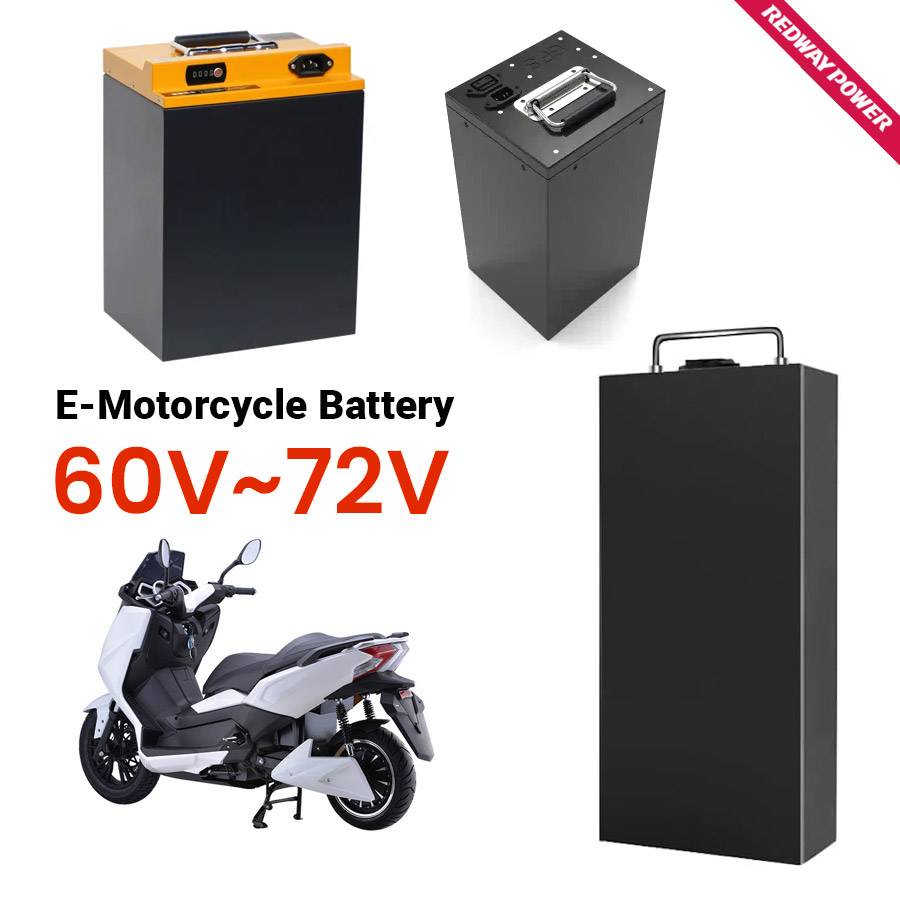- Lithium Golf Cart Battery
- Forklift Lithium Battery
-
48V
- 48V 210Ah
- 48V 300Ah
- 48V 420Ah (949 x 349 x 569 mm)
- 48V 420Ah (950 x 421 x 450 mm)
- 48V 456Ah
- 48V 460Ah (830 x 630 x 590 mm)
- 48V 460Ah (950 x 421 x 450 mm)
- 48V 460Ah (800 x 630 x 600 mm)
- 48V 460Ah (820 x 660 x 470 mm)
- 48V 500Ah
- 48V 560Ah (810 x 630 x 600 mm)
- 48V 560Ah (950 x 592 x 450 mm)
- 48V 600Ah
- 48V 630Ah
-
48V
- 12V Lithium Battery
12V 150Ah Lithium RV Battery
Bluetooth App | BCI Group 31
LiFePO4 Lithium
Discharge Temperature -20°C ~ 65°C
Fast Charger 14.6V 50A
Solar MPPT Charging - 24V Lithium Battery
- 36V Lithium Battery
- 48V Lithium Battery
-
48V LiFePO4 Battery
- 48V 50Ah
- 48V 50Ah (for Golf Carts)
- 48V 60Ah (8D)
- 48V 100Ah (8D)
- 48V 100Ah
- 48V 100Ah (Discharge 100A for Golf Carts)
- 48V 100Ah (Discharge 150A for Golf Carts)
- 48V 100Ah (Discharge 200A for Golf Carts)
- 48V 150Ah (for Golf Carts)
- 48V 160Ah (Discharge 100A for Golf Carts)
- 48V 160Ah (Discharge 160A for Golf Carts)
-
48V LiFePO4 Battery
- 60V Lithium Battery
-
60V LiFePO4 Battery
- 60V 20Ah
- 60V 30Ah
- 60V 50Ah
- 60V 50Ah (Small Size / Side Terminal)
- 60V 100Ah (for Electric Motocycle, Electric Scooter, LSV, AGV)
- 60V 100Ah (for Forklift, AGV, Electric Scooter, Sweeper)
- 60V 150Ah (E-Motocycle / E-Scooter / E-Tricycle / Tour LSV)
- 60V 200Ah (for Forklift, AGV, Electric Scooter, Sweeper)
-
60V LiFePO4 Battery
- 72V~96V Lithium Battery
- Rack-mounted Lithium Battery
- E-Bike Battery
- All-in-One Home-ESS
- Wall-mount Battery ESS
-
Home-ESS Lithium Battery PowerWall
- 24V 100Ah 2.4kWh PW24100-S PowerWall
- 48V 50Ah 2.4kWh PW4850-S PowerWall
- 48V 50Ah 2.56kWh PW5150-S PowerWall
- 48V 100Ah 5.12kWh PW51100-F PowerWall (IP65)
- 48V 100Ah 5.12kWh PW51100-S PowerWall
- 48V 100Ah 5.12kWh PW51100-H PowerWall
- 48V 200Ah 10kWh PW51200-H PowerWall
- 48V 300Ah 15kWh PW51300-H PowerWall
PowerWall 51.2V 100Ah LiFePO4 Lithium Battery
Highly popular in Asia and Eastern Europe.
CE Certification | Home-ESS -
Home-ESS Lithium Battery PowerWall
- Portable Power Stations
We accept OEM, ODM and SKD orders
Electric Motorcycle Lithium ion Batteries Manufacturer
Redway Power
E-Motorcycle Lithium Batteries, One-Stop Solution
Redway leads the charge in the dynamic landscape of battery technology. In the realm of Electric Motorcycle lithium batteries, our concise guide provides essential insights into the swiftly evolving advancements. Specializing in LiFePO4 Electric Motorcycle Batteries, Redway stands at the forefront, offering tailored solutions for OEM/ODM applications. Our team of battery experts assists in selecting the ideal design and manufacturing process.
As your reliable lithium battery manufacturer, Redway goes beyond by supporting your branding endeavors. Customize LiFePO4 Electric Motorcycle Batteries with your logo, design, size, and specifications. For top-notch lithium battery solutions across applications, Redway is your trusted partner. Contact us today for more information!
Redway Power for Lithium Batteries OEM/ODM
Best Electric Motorcycle Lithium Batteries 2024
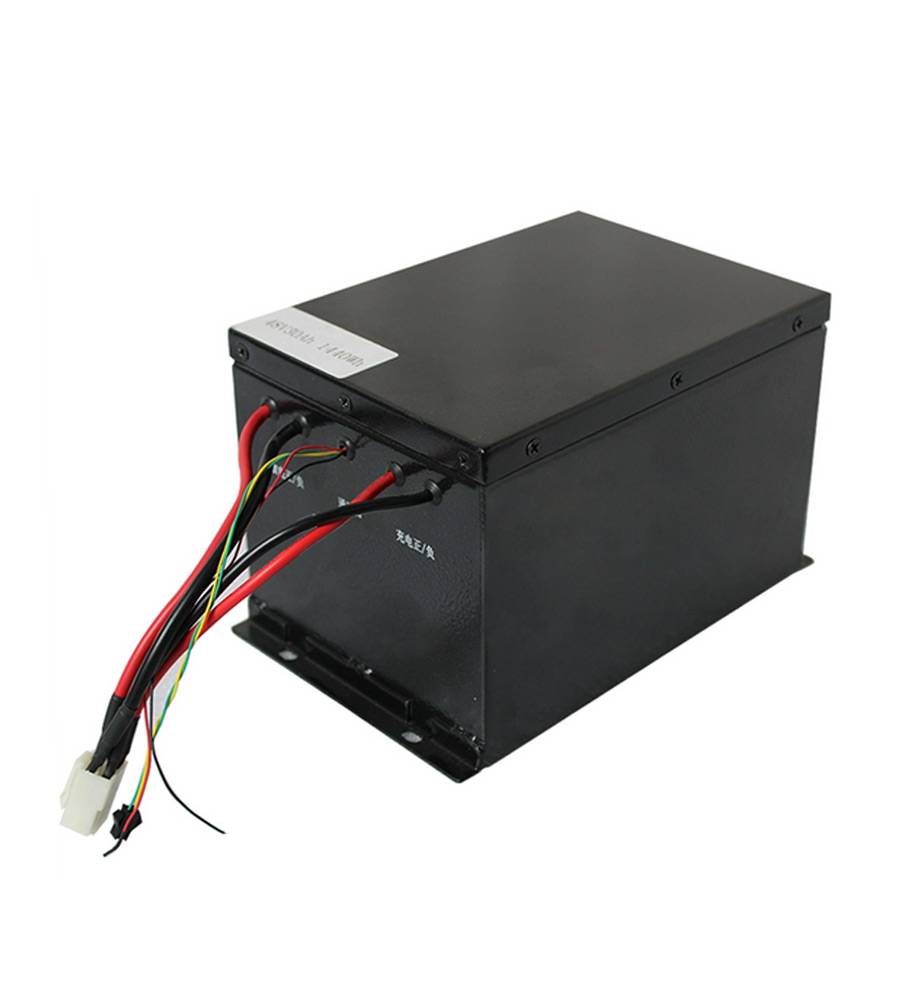
48V 30Ah
LiFePO4, Bluetooth, Electric Motorcycle LiFePO4 Battery
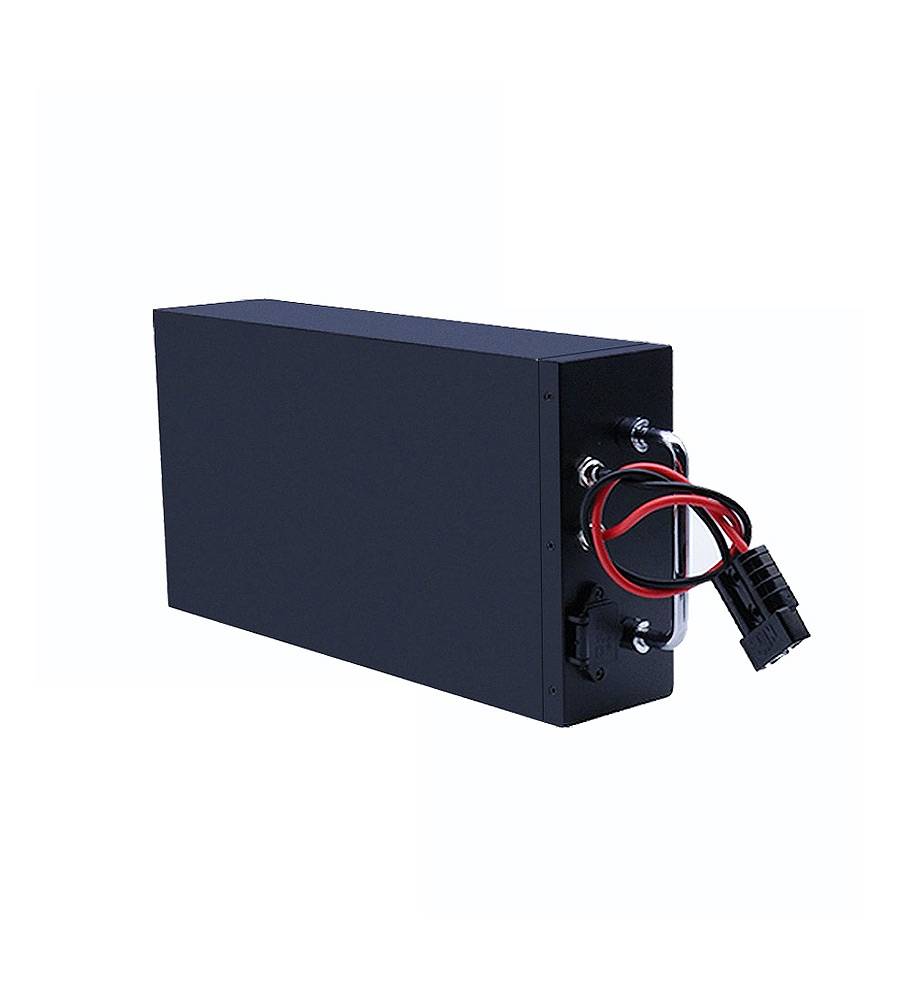
60V 20Ah
LiFePO4, Bluetooth, Electric Motorcycle Battery
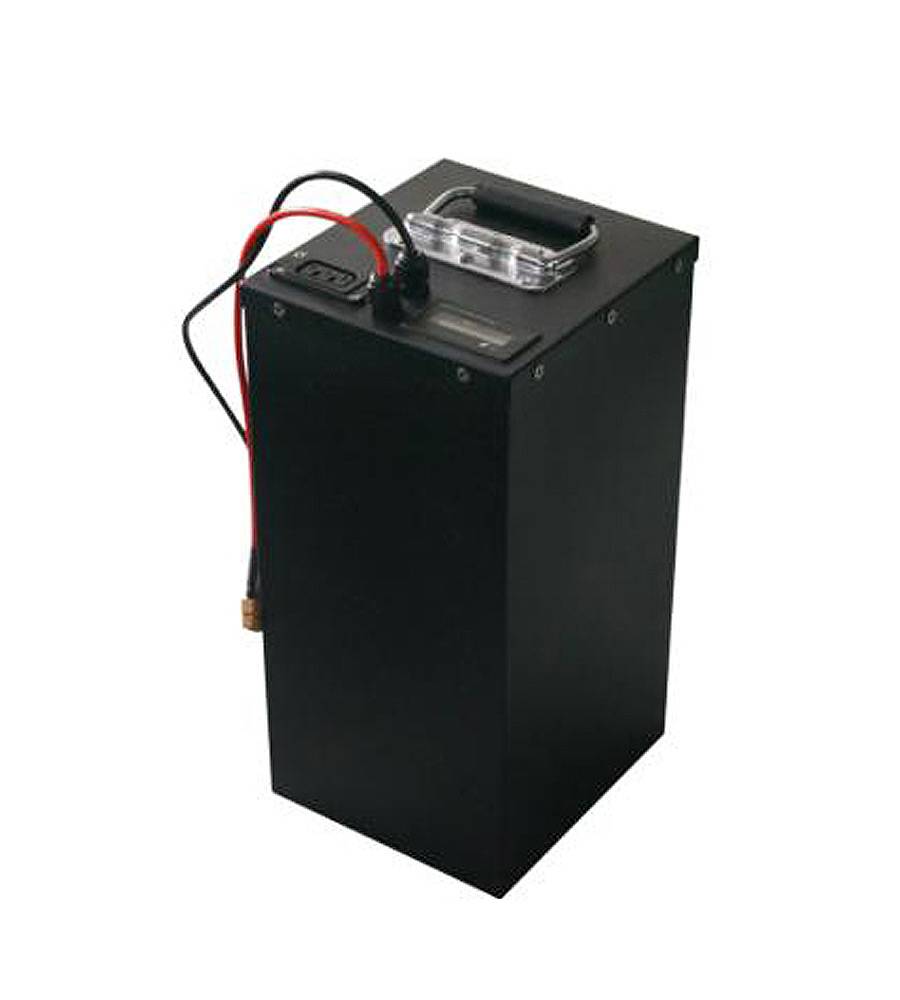
60V 40Ah
LiFePO4, Bluetooth, Electric Motorcycle Battery
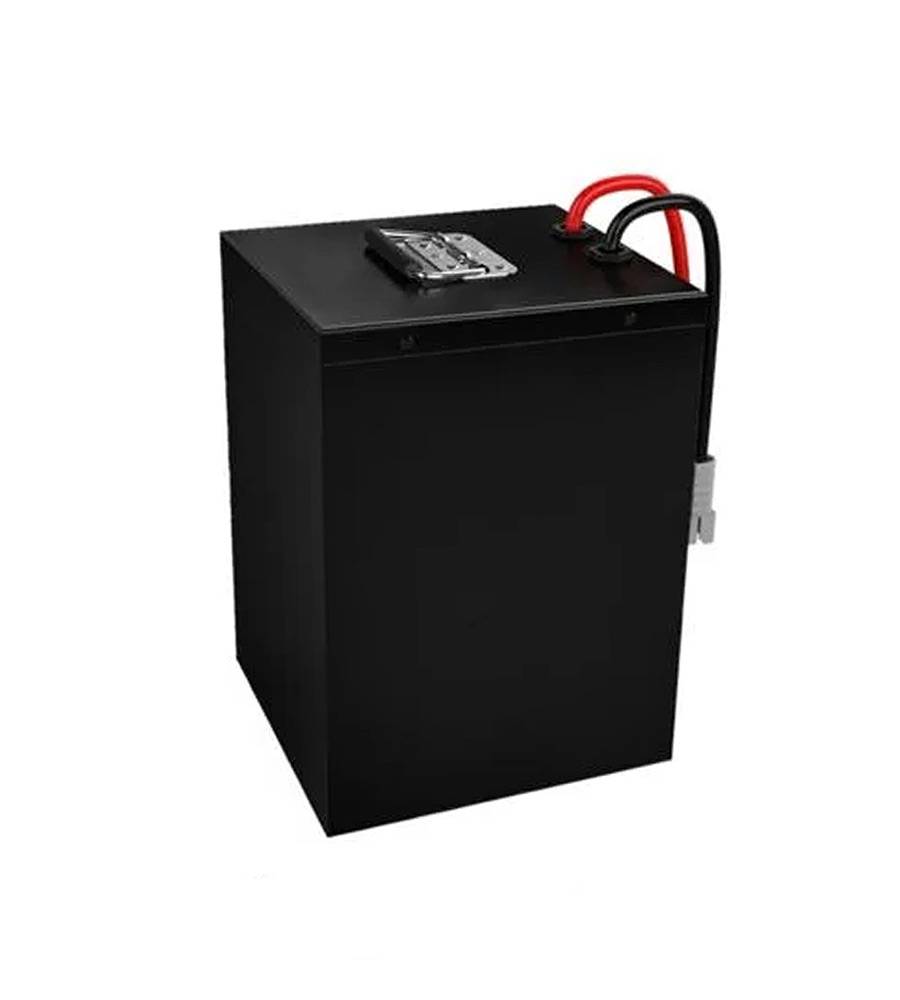
72V 36Ah
LiFePO4, Bluetooth, Electric Motorcycle LFP Battery
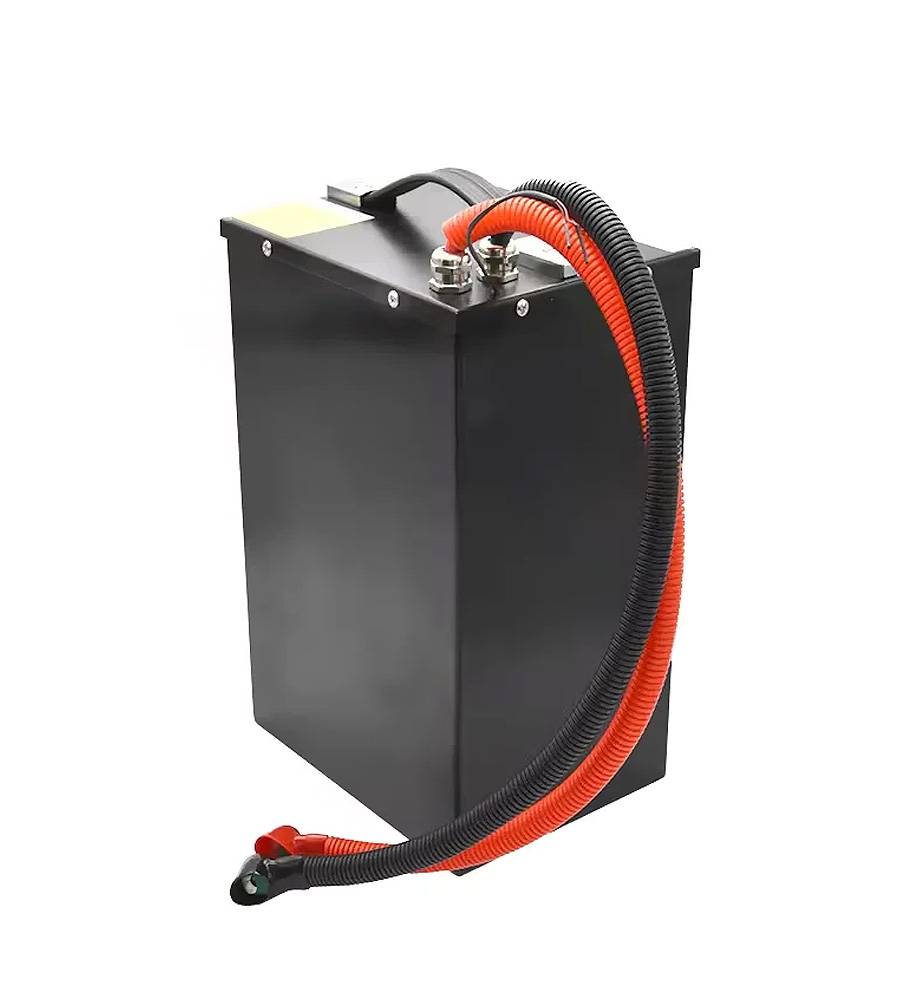
72V 40Ah
LiFePO4, Bluetooth, Electric Motorcycle LFP Battery
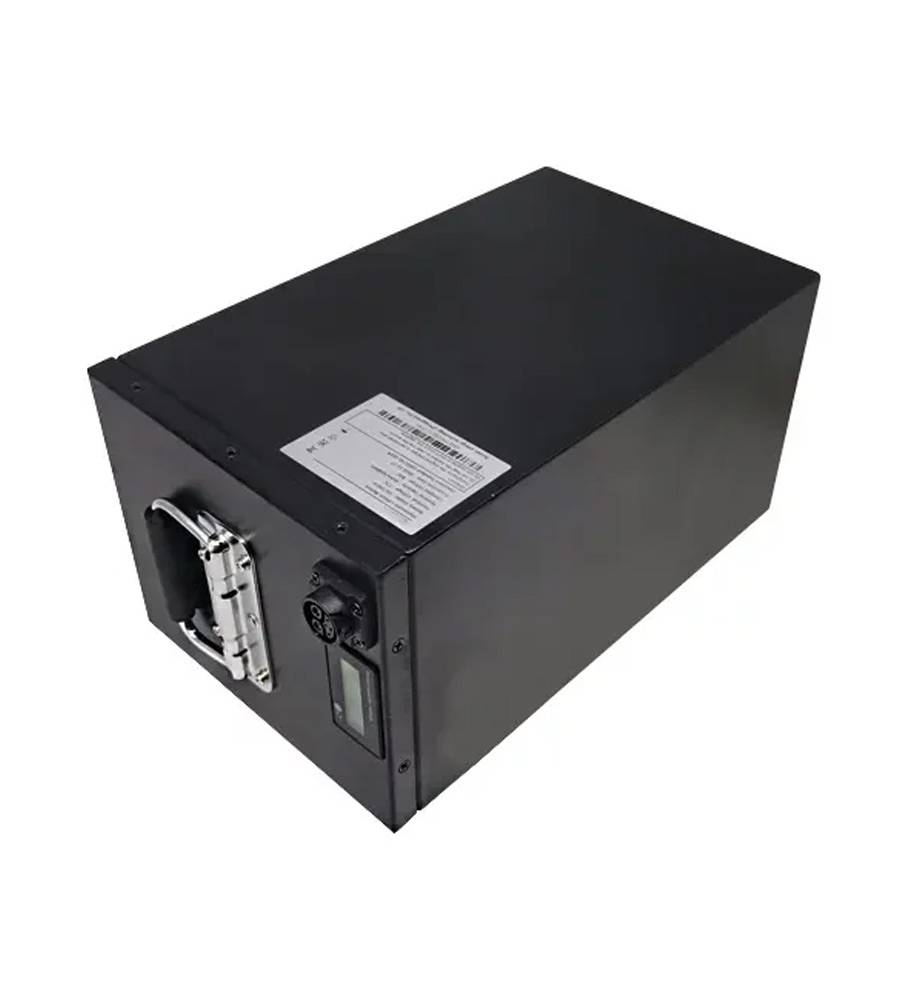
72V 45Ah
LiFePO4, Bluetooth, Electric Motorcycle Battery
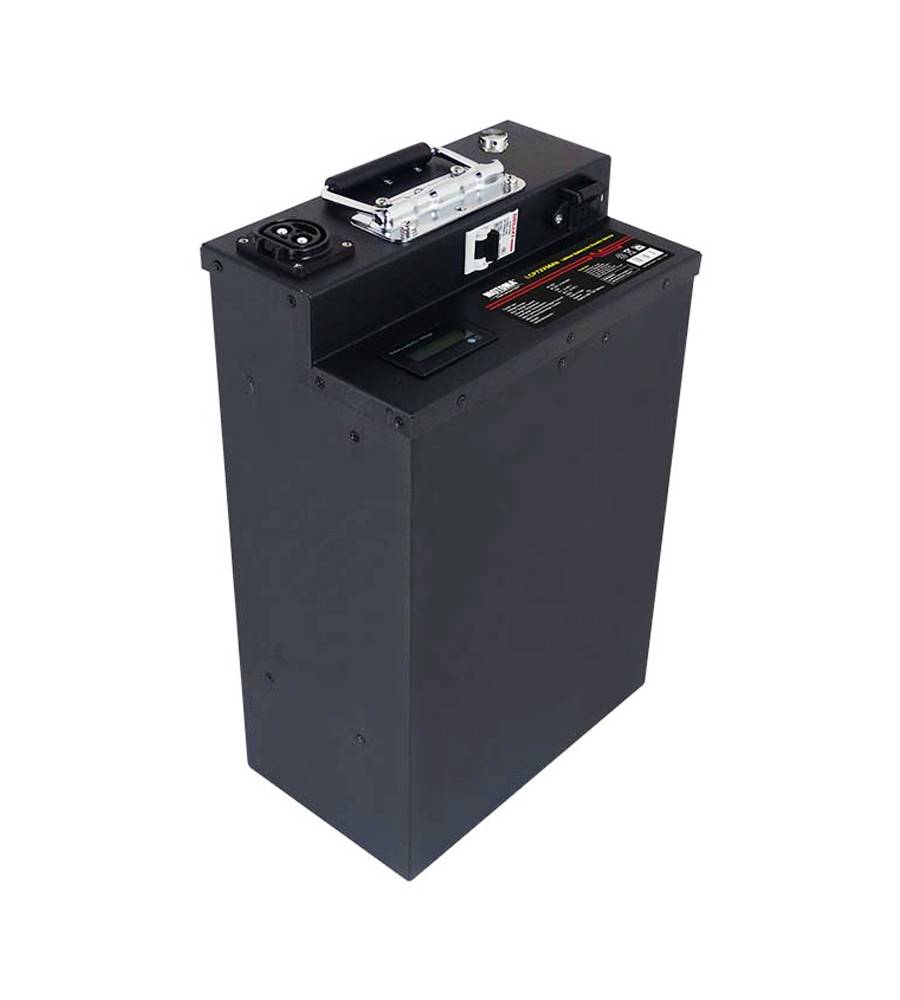
72V 50Ah
LiFePO4, Bluetooth, Electric Motorcycle LFP Battery
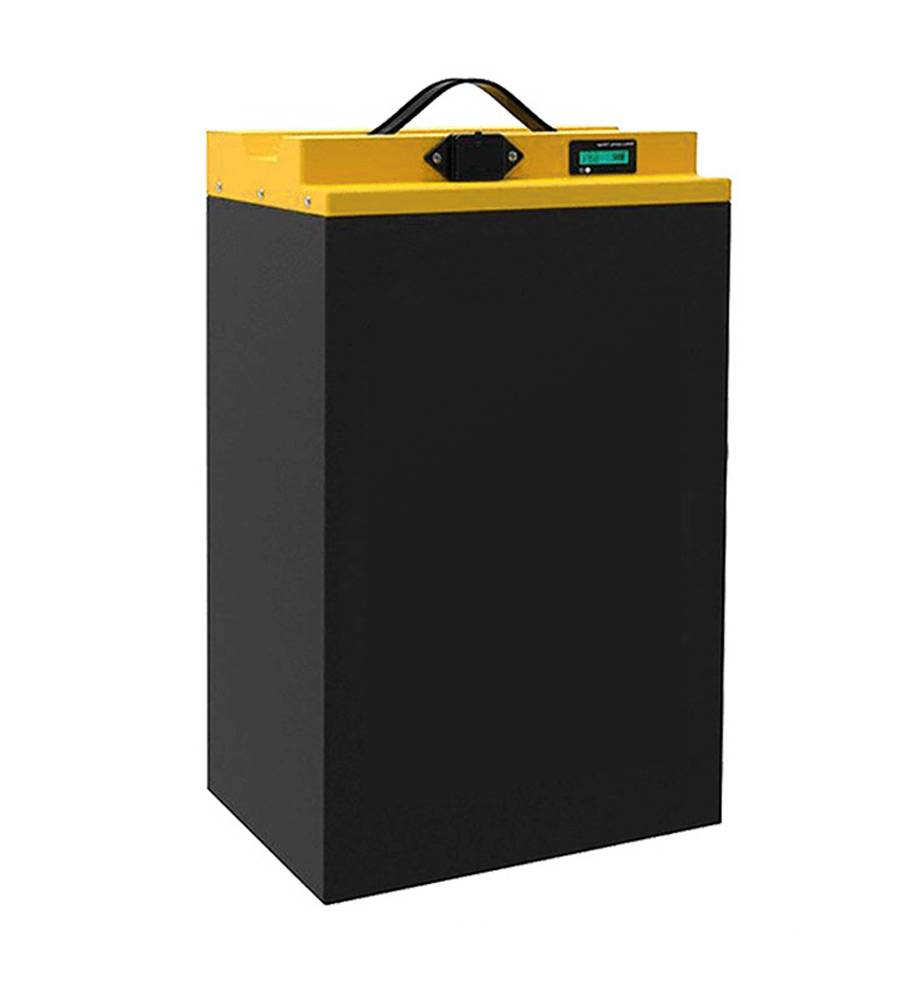
72V 60Ah
LiFePO4, Bluetooth, Electric Motorcycle LFP Battery
Electric Motorcycle Lithium Batteries Wholesale
When searching for wholesale electric motorcycle lithium batteries, consider reputable suppliers that offer a variety of options for different electric motorcycle models. These batteries provide reliable power, high-performance output, and long-lasting durability. Choose from a range of capacities and voltages to meet the specific needs of your electric motorcycle.
What is the wholesale price of lithium battery?
You can click contact us or phone call us. We will give you multiple options of price.
Is Redway Power a trading company or factory?
Redway Power is a company with its own factory, integrating research, development, production, and sales.
How about the quality of Redway's LiFePo4 Battery product?
Redway Power boasts over 12 years of experience in LiFePO4 battery production and is an authorized supplier for CATL and BYD.
Can you do an OEM/ODM project?
Yes, we have engineers available to assist in designing and developing any related products.
What’s your MOQ?
MOQ varies according to battery voltage and capacity.
What payment terms can we accept?
We accept TT/Paypal/West Union, etc.
Lithium Ion Battery For Electric Motorcycle Knowledge
Discover the knowledge about lithium-ion batteries for electric motorcycles. These batteries offer a lightweight build, high energy density, and long-lasting performance. With their improved power capability and longer lifespan, lithium-ion batteries are a worthwhile investment for electric motorcycles, providing riders with enhanced range and reliable power delivery.
Any motorcycle can be equipped with a lithium battery?
Generally, motorcycles built since 1980 are compatible with lithium batteries, as long as the charging system charges between 13.4 volts and 14.6 volts. It is important to ensure that the charging system meets these voltage requirements to ensure optimal performance and longevity of the lithium battery.
- Compatibility with Motorcycles: In general, motorcycles built since 1980 can be equipped with lithium batteries. However, it is crucial to ensure that the charging system of the motorcycle meets specific voltage requirements to provide the optimal charging voltage for the lithium battery.
- Voltage Requirements: The charging system on the motorcycle must charge between 13.4 volts and 14.6 volts to ensure the lithium battery receives the appropriate charging voltage. This voltage range is necessary for the lithium battery to perform optimally and have a longer lifespan.
- Benefits of Lithium Batteries: Lithium batteries offer advantages such as lighter weight and higher energy density compared to traditional batteries. They can provide the same power as an AGM battery in a smaller and lighter package, enhancing the overall performance and handling of the motorcycle.
How do I charge a lithium motorcycle battery?
Charging a lithium motorcycle battery requires a charger designed for lithium batteries, as they require a higher voltage and a different charging pattern compared to traditional batteries. It is important to follow the manufacturer’s instructions and avoid using a lead-acid charger with desulfation programs, as this can cause irreversible damage to the lithium battery.
- Charger Selection: Use a charger specifically designed for lithium batteries to ensure the correct voltage and charging profile. Avoid using a lead-acid charger with desulfation programs, as this can cause irreversible damage to the lithium battery.
- Voltage and Charging Pattern: Lithium motorcycle batteries require a higher charging voltage and a different charging pattern compared to traditional batteries. It is important to follow the manufacturer’s instructions and use a charger that provides the appropriate voltage and charging profile.
- Charging Process: Connect the lithium charger to the battery terminals, ensuring a secure and accurate connection. Follow the recommended charging time provided by the manufacturer. Once the charger indicator light turns green, the battery is typically fully charged. However, it is advisable to keep the battery connected for an additional hour to ensure a complete charge.
Are lithium-ion batteries worth it for motorcycles?
Yes, lithium-ion batteries are worth considering for motorcycles. They are lighter, have a slower discharge rate, and perform better in cold temperatures compared to traditional lead-acid batteries. These advantages contribute to improved handling, longer battery life, and reliable performance for motorcycle riders.
- Lighter Weight: Lithium-ion batteries are significantly lighter than traditional lead-acid batteries. This weight reduction contributes to improved handling and maneuverability of motorcycles, allowing riders to enjoy enhanced control and responsiveness on the road.
- Slower Discharge Rate: Lithium-ion batteries have a slower discharge rate, meaning they can hold their charge for a longer period of time. This is especially beneficial for riders who may not use their motorcycles regularly or during extended periods of storage. With a lithium-ion battery, riders can have peace of mind knowing that their battery will retain its charge when they are ready to ride.
- Performance in Cold Temperatures: One notable advantage of lithium-ion batteries is their ability to perform well in cold temperatures. Unlike traditional lead-acid batteries that may struggle in colder climates, lithium-ion batteries maintain their performance and reliability even in freezing conditions. This makes them a suitable choice for riders who frequently ride in colder regions.
Can a regular charger be used on a lithium battery?
Yes, a lead-acid charger can be used to charge a lithium battery as long as the charger allows the maximum voltage to be set and does not have an automatic equalization mode enabled. It is important to ensure that the charger meets these criteria to avoid damaging the lithium battery.
- Lead-Acid Charger Compatibility: A regular charger, specifically a lead-acid charger, can be used to charge a lithium battery under certain conditions. The charger should allow the maximum voltage to be set and should not have an automatic equalization mode enabled.
- Setting Maximum Voltage: Lithium batteries have different charging requirements compared to lead-acid batteries. It is important to use a charger that allows the maximum voltage to be set to ensure the lithium battery is charged within the appropriate voltage range.
- Avoiding Automatic Equalization Mode: Automatic equalization mode, commonly found in lead-acid chargers, is not suitable for charging lithium batteries. It is crucial to use a charger that does not have this mode enabled to prevent potential damage to the lithium battery.
Can you trickle charge a lithium battery?
Trickle charging is not recommended for lithium batteries. Continuous trickle charging can cause plating of metallic lithium, compromising the safety of the battery. It is important to follow the appropriate charging methods and avoid trickle charging to ensure the longevity and safety of lithium batteries.
- Unsuitability of Trickle Charging: Trickle charging involves a continuous low-level charge, which is not suitable for lithium batteries. Unlike other battery types, lithium batteries have specific charging requirements and limitations that make trickle charging ineffective and potentially hazardous.
- Risk of Metallic Lithium Plating: Continuous trickle charging of lithium batteries can lead to the plating of metallic lithium, which compromises the safety and performance of the battery. Metallic lithium plating can cause internal short circuits and other issues that can result in battery failure or even safety hazards.
- Importance of Proper Charging Methods: To ensure optimal performance, longevity, and safety of lithium batteries, it is crucial to follow the recommended charging methods provided by the battery manufacturer. This includes using chargers specifically designed for lithium batteries and avoiding continuous trickle charging.
What makes Redway Power stand out as a manufacturer of lithium batteries?
Redway Power is a leading global manufacturer of lithium-ion UPS batteries, specially designed for Uninterruptible Power Supply systems. These batteries stand out for their superior energy density, prolonged lifespan, and rapid charging capabilities. With Redway Power, customers can trust in high-quality lithium batteries that deliver exceptional performance and reliability for their power supply needs.
- Specialized Design for UPS Systems: Redway Power specializes in manufacturing lithium-ion batteries that are specifically designed for Uninterruptible Power Supply (UPS) systems. This specialized focus ensures that their batteries are optimized for the unique requirements of UPS applications, delivering reliable and efficient power backup solutions.
- Superior Energy Density: Redway Power’s lithium batteries boast superior energy density, which means they can store more power in a smaller size compared to other battery types. This compact design is advantageous for applications where space is limited, allowing for more efficient use of available resources.
- Prolonged Lifespan: Redway Power’s lithium batteries are engineered to have a prolonged lifespan, ensuring long-term reliability and performance. This extended lifespan reduces the need for frequent battery replacements, saving costs and minimizing downtime for users.
- Rapid Charging Capabilities: Redway Power’s lithium batteries feature rapid charging capabilities, allowing for quick and efficient charging. This is particularly beneficial in situations where a fast recharge is required, enabling users to minimize downtime and maximize productivity.
How does an electric motorcycle bike differ from a traditional motorcycle?
An electric motorcycle bike differs from a traditional motorcycle in terms of power source, emissions, noise level, maintenance requirements, and riding experience. Electric motorcycle bikes are powered by an electric motor and produce zero tailpipe emissions. They are generally quieter, require less maintenance, and offer instant acceleration.

- Power Source:
- Electric motorcycle bikes are powered by an electric motor and rely on a battery pack for energy, whereas traditional motorcycles use a combustion engine fueled by gasoline.
- The use of electric motors allows for instant torque delivery and efficient power conversion.
- Emissions:
- Electric motorcycle bikes produce zero tailpipe emissions, making them more environmentally friendly compared to traditional motorcycles that emit exhaust gases.
- This emission-free operation contributes to cleaner air quality and reduced carbon footprint.
- Noise Level:
- Electric motorcycle bikes are typically quieter during operation due to the absence of an internal combustion engine.
- The reduced noise level offers a more peaceful riding experience and minimizes noise pollution.
- Maintenance:
- Electric motorcycle bikes generally have fewer moving parts and require less maintenance compared to traditional motorcycles with complex engine systems.
- The simplified design and lower number of components contribute to reduced maintenance costs and time.
- Riding Experience:
- The instant torque delivery of electric motors provides quick acceleration and responsive performance, offering a unique riding experience.
- The smooth and linear power delivery enhances the overall ride quality and control.
The differences between an electric motorcycle bike and a traditional motorcycle encompass the power source, emissions, noise level, maintenance requirements, and riding experience. Electric motorcycle bikes offer the advantages of zero emissions, reduced noise, simplified maintenance, and instant torque delivery. These characteristics contribute to a cleaner, quieter, and more efficient mode of transportation for riders seeking a unique and environmentally friendly experience.
What are the advantages of owning an electric motor cycle?
Owning an electric motor cycle offers several advantages, including limited non-renewable fuel usage, reduced emissions, lower maintenance requirements, cost-effectiveness, and instant torque and power delivery.
- Limited Non-Renewable Fuel Usage:
- Electric motor cycles rely on electricity as their primary energy source, reducing dependence on non-renewable fuels such as gasoline.
- This contributes to a more sustainable and environmentally friendly mode of transportation.
- Reduced Emissions:
- Electric motor cycles produce fewer or zero tailpipe emissions, resulting in cleaner air and a reduced carbon footprint.
- This helps combat air pollution and mitigates the impact on climate change.
- Lower Maintenance Requirements:
- Electric motor cycles have fewer moving parts compared to traditional motorcycles, leading to reduced maintenance needs and costs.
- This can result in savings in terms of time, effort, and expenses associated with maintenance and repairs.
- Cost-Effectiveness:
- Electric motor cycles can be more cost-effective to operate and maintain due to lower fuel costs and fewer maintenance requirements.
- This can provide long-term savings for the owners and contribute to overall affordability.
- Instant Torque and Power:
- Electric motor cycles deliver instant torque and power, offering quick acceleration and a thrilling riding experience.
- The immediate response enhances the enjoyment and responsiveness of the ride.
Owning an electric motor cycle brings various advantages, including limited non-renewable fuel usage, reduced emissions, lower maintenance requirements, cost-effectiveness, and instant torque and power delivery. These benefits contribute to a more sustainable, efficient, and enjoyable riding experience for electric motor cycle owners.
How far can an electric moto bike travel on a single charge?
Electric moto bikes can typically travel anywhere from 50 to 150 miles on a single charge, depending on various factors. Advancements in technology have led to the development of electric motorcycles with longer ranges, some offering over 200 miles on a single charge. The actual range may vary based on battery capacity, riding conditions, and other factors.

- Range Variation:
- The range of an electric moto bike can vary depending on several factors, including battery capacity, riding conditions, speed, and rider weight.
- These factors can influence the energy consumption and overall distance that can be covered on a single charge.
- Advancements in Technology:
- Technological advancements have played a significant role in improving the range of electric motorcycles.
- High-end electric moto bikes now offer longer ranges, with some models capable of traveling over 200 miles on a single charge.
- Real-World Considerations:
- It is important to note that the actual range achieved may vary from the stated range due to factors such as riding style, terrain, and weather conditions.
- Riders should consider these real-world factors when planning their journeys and be mindful of available charging infrastructure.
Electric moto bikes typically offer a range of 50 to 150 miles on a single charge, depending on various factors. Advancements in technology have led to the development of electric motorcycles with longer ranges, providing riders with increased freedom and range. However, it is important to consider real-world factors and plan accordingly for a successful and enjoyable riding experience.
What are the top features to consider when buying electric motor bikes?
When buying electric motor bikes, important features to consider include riding range, power, torque, speed, battery life, type of brakes, motorcycle height and weight. These factors impact the overall performance, range, and comfort of the electric motor bike.
- Riding Range:
- Evaluate the riding range of the electric motor bike on a single charge to ensure it meets your travel requirements.
- Consider the distance you typically travel and choose a bike with an appropriate range.
- Power, Torque, and Speed:
- Assess the power output, torque, and top speed of the electric motor bike.
- Choose a bike that provides sufficient power and speed for your intended use and riding preferences.
- Battery Life:
- Consider the battery life and charging time of the electric motor bike.
- Evaluate how long the battery will last on a single charge and how quickly it can be recharged.
- Type of Brakes:
- Evaluate the type of brakes, such as disc brakes, to ensure reliable and efficient stopping power.
- Choose a bike with brakes that meet your safety requirements and riding style.
- Motorcycle Height and Weight:
- Consider the height and weight of the electric motor bike.
- Choose a bike that offers a comfortable riding position and is manageable for your physical abilities.
When buying electric motor bikes, it is important to consider features such as riding range, power, torque, speed, battery life, type of brakes, and motorcycle height and weight. These features impact the overall performance, range, comfort, and safety of the electric motor bike, ensuring an enjoyable and satisfactory riding experience.
How long do motorcycle batteries typically last before needing replacement?
The average lifespan of a motorcycle battery is typically between two to five years, depending on the battery type. Sealed Absorbed Glass Mat (AGM) batteries generally last from about three to five years, while conventional acid-filled batteries have a similar lifespan.
- Battery Lifespan Range:
- Motorcycle batteries typically last between two to five years before needing replacement.
- This range is influenced by variables such as battery type, usage frequency, and maintenance practices.
- Sealed Absorbed Glass Mat (AGM) Batteries:
- AGM batteries, which are sealed and use Absorbed Glass Mat technology, generally offer a lifespan of about three to five years.
- These batteries are known for their durability and higher resistance to vibrations and shock.
- Conventional Acid-Filled Batteries:
- Conventional acid-filled motorcycle batteries have a similar lifespan of around two to five years.
- Proper maintenance, including regular charging and checking electrolyte levels, can help prolong their lifespan.
On average, motorcycle batteries last between two to five years, with factors such as battery type, usage patterns, and maintenance practices influencing their lifespan. Sealed Absorbed Glass Mat (AGM) batteries typically offer three to five years of service, while conventional acid-filled batteries have a similar lifespan. Regular maintenance and proper charging practices can help maximize the lifespan of motorcycle batteries.
What are the key factors to consider when choosing a moto battery?
When choosing a moto battery, consider key factors such as voltage compatibility, cranking amps (CA) and cold cranking amps (CCA) ratings, physical dimensions, and battery type (AGM, Gel, Pure Lead, Lithium Iron Phosphate). These factors ensure optimal performance and compatibility with your motorcycle.
- Voltage Compatibility:
- Ensure that the voltage rating of the moto battery matches the requirements of your motorcycle.
- Different motorcycles may have different voltage specifications, so compatibility is essential.
- Cranking Amps (CA) and Cold Cranking Amps (CCA) Ratings:
- Consider the cranking amps and cold cranking amps ratings, as they indicate the battery’s ability to deliver power for starting the motorcycle.
- Higher ratings are typically beneficial, especially in colder weather conditions.
- Physical Dimensions:
- Check the physical dimensions of the battery to ensure it fits properly in the designated battery compartment of your motorcycle.
- Compatibility in terms of size and shape is crucial for a secure and proper installation.
- Battery Type:
- Choose the appropriate battery type based on your needs and preferences, such as AGM, Gel, Pure Lead, or Lithium Iron Phosphate (LiFePO4).
- Consider factors like performance, maintenance requirements, longevity, and environmental impact when selecting the battery type.
When choosing a moto battery, considering factors such as voltage compatibility, cranking amps (CA) and cold cranking amps (CCA) ratings, physical dimensions, and battery type is vital. These factors ensure optimal performance, compatibility, and longevity, allowing for a reliable and efficient power source for your motorcycle.
What are the different types of applications for moto batteries?
Moto batteries are used in various applications, including starting applications in motorcycles, powersport vehicles like ATVs and personal watercraft, off-road bikes, scooters, mopeds, and other small electric vehicles. They provide reliable power for starting engines and operating electrical systems in these applications.

- Starting Applications:
- Moto batteries are commonly used in motorcycles for starting applications, delivering the necessary power to start the engine with reliability.
- Powersport Vehicles:
- Powersport vehicles such as ATVs, UTVs, and personal watercraft utilize moto batteries to power electrical systems and start the engines.
- Off-Road Bikes:
- Off-road bikes, including dirt bikes and motocross bikes, rely on moto batteries for starting the engine and operating electrical components.
- Scooters and Mopeds:
- Scooters and mopeds rely on moto batteries for starting the engine and powering the electrical systems.
- Small Electric Vehicles:
- Moto batteries are also used in small electric vehicles such as electric bicycles, electric scooters, and electric motorcycles for reliable power delivery.
Moto batteries find applications in a range of contexts, including starting engines and powering electrical systems in motorcycles, powersport vehicles, off-road bikes, scooters, mopeds, and small electric vehicles. These batteries ensure reliable power delivery and support the smooth operation of various vehicles and electrical components.
How often should I check and maintain my motorcycle bike battery?
Generally, motorcycle bike batteries should be checked and maintained regularly, with a guideline of replacing them every 3 to 5 years or when starting performance becomes sluggish. Regularly riding the motorcycle helps maintain the battery’s health.
- Battery Replacement Interval:
- As a general guideline, motorcycle bike batteries should be replaced every 3 to 5 years or when starting performance becomes sluggish.
- This timeframe ensures that the battery remains in good condition and provides reliable starting power.
- Regular Riding:
- Regularly riding your motorcycle helps maintain the health of the battery.
- The charging system of the motorcycle keeps the battery charged and prevents it from draining excessively.
- Maintenance Practices:
- Regularly inspect the battery for signs of damage, such as leaks or corrosion.
- Keep the battery terminals clean and free from corrosion to ensure proper electrical connections.
Checking and maintaining your motorcycle bike battery regularly is crucial for optimal performance and longevity. Following a general guideline of replacing the battery every 3 to 5 years or when starting performance becomes sluggish helps ensure reliable starting power. Additionally, regularly riding the motorcycle and practicing good maintenance habits contribute to the overall health and longevity of the battery.
Where can I find reputable sellers for electric motor bikes?
Reputable sellers for electric motor bikes can be found through online retailers such as Amped Bikes and ElectricBikeParadise, manufacturer websites like Zero Motorcycles, specialized electric bike stores, and online communities dedicated to electric motor bikes.
- Online Retailers:
- Online platforms like Amped Bikes and ElectricBikeParadise offer a wide selection of electric motor bikes for sale.
- These platforms provide convenience and access to a range of reputable brands.
- Manufacturer Websites:
- Visit the official websites of electric motor bike manufacturers such as Zero Motorcycles.
- Manufacturer websites often provide information about authorized dealers and offer direct purchasing options.
- Specialized Electric Bike Stores:
- Look for local electric bike stores that specialize in selling electric motor bikes.
- These stores often have knowledgeable staff who can provide guidance and assistance in finding the right electric motor bike.
- Online Communities:
- Engage with online communities and forums dedicated to electric motor bikes.
- Members often share recommendations for reputable sellers based on their own experiences and can provide valuable insights.
Reputable sellers for electric motor bikes can be found through online retailers, manufacturer websites, specialized electric bike stores, and online communities. These channels offer access to a wide selection of electric motor bikes from reputable brands and provide guidance in finding the right bike for your needs.
What are the advantages of using lithium-ion batteries in golf carts?
Lithium-ion batteries offer several advantages when used in golf carts, including longer battery lifespan, lightweight design, fast charging capabilities, consistent performance, and environmental friendliness.
- Longer Battery Lifespan:
- Lithium-ion batteries have a significantly longer lifespan compared to traditional lead-acid batteries, reducing the need for frequent battery replacements.
- This longer lifespan contributes to cost savings and reduces the hassle of replacing batteries frequently.
- Lightweight Design:
- Lithium-ion batteries are considerably lighter than lead-acid batteries.
- The lighter weight improves the overall performance and handling of the golf cart, leading to enhanced maneuverability and efficiency.
- Fast Charging Capabilities:
- Lithium-ion batteries have the ability to charge at a faster rate compared to lead-acid batteries.
- This allows for quicker recharge times, reducing downtime and maximizing the golf cart’s availability for use.
- Consistent Performance:
- Lithium-ion batteries provide consistent power output throughout their discharge cycle.
- This ensures reliable performance and consistent speed for the golf cart, enhancing the overall user experience.
- Environmental Friendliness:
- Lithium-ion batteries are more environmentally friendly compared to lead-acid batteries.
- They do not contain hazardous materials like lead and acid, reducing the environmental impact and promoting sustainability.
Using lithium-ion batteries in golf carts offers several advantages, including longer battery lifespan, lightweight design, fast charging capabilities, consistent performance, and environmental friendliness. These advantages contribute to improved performance, efficiency, and sustainability, making lithium-ion batteries an excellent choice for powering golf carts.
What are the specifications and features of the electric dirt bike Razor?
Electric wheelchair batteries offer features such as heavy-duty, deep cycle design for longer run times, completely sealed construction for leak prevention, maintenance-free operation, safety approvals for transportation, and availability in pairs for consistent power delivery.

- Heavy-Duty, Deep Cycle Design:
- Electric wheelchair batteries are designed with a heavy-duty, deep cycle configuration, allowing for longer run times and sustained power output.
- This design is optimized to meet the demands of wheelchair usage and provide reliable performance.
- Completely Sealed Construction:
- Electric wheelchair batteries are completely sealed, ensuring maximum leak prevention and eliminating the risk of acid leaks or spills.
- The sealed design enhances safety and simplifies maintenance requirements.
- Maintenance-Free Operation:
- Electric wheelchair batteries are maintenance-free, eliminating the need for regular maintenance tasks such as adding water or checking electrolyte levels.
- This feature provides convenience and ease of use for wheelchair users.
- Safety Approvals for Transportation:
- Electric wheelchair batteries are safety-approved for transportation via airline, sea, and land-based methods.
- This allows wheelchair users to travel conveniently with their electric wheelchairs while adhering to safety regulations.
- Availability in Pairs:
- Electric wheelchair batteries are typically sold in pairs to ensure correct installation and consistent power delivery.
- This ensures that both batteries work together seamlessly, providing reliable and balanced performance.
Electric wheelchair batteries offer features such as a heavy-duty, deep cycle design for longer run times, completely sealed construction for leak prevention, maintenance-free operation, safety approvals for transportation, and availability in pairs for consistent power delivery. These features support the mobility needs of wheelchair users and provide reliable performance for enhanced independence and convenience.
How does an e-motocross bike compare to a traditional motocross bike?
E-motocross bikes offer advantages such as lower cost of operations, reduced heat generation, and easier maintenance compared to traditional motocross bikes. While traditional motocross bikes provide a higher rate of exhilaration, e-motocross bikes offer a quieter and more convenient riding experience.
- Cost of Operations:
- E-motocross bikes generally have fewer parts and require lower maintenance, resulting in lower operating costs compared to traditional motocross bikes.
- The reduced need for fuel and fewer maintenance requirements contribute to cost savings.
- Heat Generation:
- Electric motors in e-motocross bikes generate less heat compared to the combustion engines in traditional motocross bikes.
- This results in a cooler riding experience for the rider and reduces carbon emissions.
- Exhilaration and Maintenance:
- Traditional motocross bikes offer a higher rate of exhilaration due to their powerful combustion engines.
- However, they require fueling up and more maintenance compared to e-motocross bikes, which are quieter and easier to maintain.
E-motocross bikes offer advantages such as lower cost of operations, reduced heat generation, and easier maintenance compared to traditional motocross bikes. While traditional motocross bikes provide a higher rate of exhilaration, e-motocross bikes offer a quieter and more convenient riding experience. Both options cater to different preferences and riding styles, allowing riders to choose based on their individual needs.
What are the key features and performance capabilities of the Harley Davidson electric bike?
Harley Davidson electric bikes, like the LiveWire model, offer powerful performance with high-speed capabilities. With 105 horsepower and 86 lb-ft of torque, the LiveWire delivers instant thrust and acceleration. It can reach speeds of 0 to 60 mph in approximately 3.0 seconds and 60 to 80 mph in just 1.9 seconds, providing an exhilarating riding experience. These bikes also come equipped with modern features such as a Gates carbon belt drive and over-the-air updates.
- Powerful Performance:
- The LiveWire electric bike boasts a powerful performance with 105 horsepower and 86 lb-ft of torque.
- This power enables quick acceleration and a thrilling riding experience.
- High-Speed Capability:
- The LiveWire electric bike can reach speeds of 0 to 60 mph in approximately 3.0 seconds, showcasing its high-speed capabilities.
- It also offers impressive acceleration in the 60 to 80 mph range, taking just 1.9 seconds.
- Modern Features:
- Harley Davidson electric bikes come equipped with modern features like a Gates carbon belt drive, which offers a smooth and quiet ride.
- Over-the-air updates ensure that the bike’s software remains up to date, providing improved functionality and convenience.
Harley Davidson electric bikes, including the LiveWire model, offer powerful performance with high-speed capabilities. With features like a Gates carbon belt drive and over-the-air updates, these bikes provide a modern and exhilarating riding experience.
How to find the right Powersports battery?
When it comes to finding the right powersports battery, there are a few key factors to consider. First and foremost, you’ll want to make sure the battery is compatible with your specific vehicle model. Check the manufacturer’s recommendations or consult with a professional if you’re unsure.
Next, think about the power output you need for your riding style. Are you a casual cruiser or an adrenaline junkie who needs maximum performance? Make sure the battery can handle the demands of your adventures.
Consider the size and weight of the battery as well. You want something that fits securely in your motorcycle without adding unnecessary bulk. And don’t forget about maintenance requirements – opt for a battery that is easy to care for and has a long lifespan.
By taking these factors into account, you’ll be well on your way to finding the perfect powersports battery for your electric motorcycle or other ride!
Advantages of AGM powersports batteries?
AGM powersports batteries offer a range of advantages that make them a popular choice among riders. These batteries are maintenance-free, meaning you don’t have to worry about checking water levels or adding distilled water regularly. This makes them convenient and hassle-free for motorcycle owners.
Moreover, AGM batteries have a longer lifespan compared to traditional flooded lead-acid batteries. This means you can enjoy more rides without having to replace your battery frequently. Additionally, AGM batteries are known for their superior performance in extreme temperatures and rough riding conditions.
Another advantage of AGM powersports batteries is their resistance to vibration and shock, making them durable and reliable even on bumpy roads or off-road terrains. Investing in an AGM battery can enhance your riding experience by providing consistent power delivery and peace of mind during your adventures.
Does Interstate offer conventional powersports batteries with a warranty?
Interstate Batteries is known for their high-quality conventional powersports batteries that come with a warranty. These batteries are designed to provide reliable starting power for motorcycles, ATVs, and other powersports vehicles. With Interstate’s warranty coverage, you can have peace of mind knowing that your battery is protected against any defects or issues.
The warranty offered by Interstate reflects their commitment to customer satisfaction and product quality. It ensures that you are covered in case of any unforeseen circumstances or malfunctions with your battery. This added protection sets Interstate apart from other battery brands on the market.
When purchasing a conventional powersports battery from Interstate, be sure to inquire about the specific details of the warranty coverage. Understanding the terms and conditions will help you make an informed decision and maximize the benefits of your purchase.
Features of Interstate’s AGM powersports batteries?
Interstate’s AGM powersports batteries are designed with advanced technology to deliver reliable performance for your electric motorcycle. These batteries feature Absorbent Glass Mat (AGM) technology, which ensures superior power and longer lifespan compared to traditional battery types.
One key feature of Interstate’s AGM batteries is their maintenance-free design, allowing you to focus on enjoying your ride without worrying about constant upkeep. Additionally, these batteries offer high cranking amps and reserve capacity, providing the power needed for a smooth start every time.
Interstate’s AGM powersports batteries are also built with durable construction to withstand vibrations and impacts during your rides. This rugged design ensures that your battery remains intact even in challenging road conditions.
Whether you’re a casual rider or a seasoned enthusiast, Interstate’s AGM powersports batteries provide the reliability and performance you need for an uninterrupted riding experience.
Where to find Interstate batteries nearby?
Looking for Interstate batteries nearby? You can easily find them at authorized dealers, auto parts stores, and select retailers across the country. With a wide distribution network, you can conveniently locate an Interstate battery retailer near you to get your hands on their reliable AGM powersports batteries. Don’t compromise on quality when it comes to powering up your electric motorcycle – choose Interstate for dependable performance and peace of mind on the road.
How to proceed with an order for the 48V 20Ah lithium battery?
Looking to upgrade your electric motorcycle with a powerful 48V 20Ah lithium battery? Here’s how you can proceed with placing an order.
First, visit the manufacturer’s website or contact an authorized dealer to inquire about availability and pricing. Make sure to provide details about your specific model of electric motorcycle to ensure compatibility.
Once you have all the necessary information, place your order through the online store or by contacting the seller directly. Double-check all specifications before finalizing your purchase.
Be prepared to provide shipping details for delivery and payment information for a smooth transaction process. Keep track of your order status for updates on shipping and delivery times.
Enjoy the convenience and performance boost that comes with upgrading to a high-quality lithium battery for your electric motorcycle!
How about the cycle life of Electric Motorcycle Lithium Ion Batteries?
Electric motorcycle lithium ion batteries are known for their impressive cycle life. These batteries can endure a high number of charge and discharge cycles, making them a reliable choice for electric vehicles. The cycle life of these batteries is influenced by factors such as charging habits, temperature conditions, and overall battery management.
Proper care and maintenance play a crucial role in maximizing the cycle life of electric motorcycle lithium ion batteries. Ensuring regular charging to avoid deep discharges, keeping the battery at optimal temperatures, and avoiding extreme operating conditions can all contribute to prolonging the battery’s lifespan.
Manufacturers typically provide estimates on the number of cycles a battery can endure before falling below 80% capacity. By following best practices in battery use and maintenance, riders can enjoy long-lasting performance from their electric motorcycle lithium ion batteries.
What is the depth of discharge before battery capacity degrades below 80%?
When it comes to the depth of discharge before your electric motorcycle lithium ion battery capacity starts degrading, it’s essential to understand how this impacts its performance. The depth of discharge refers to how much energy you’ve used from the battery compared to its total capacity.
For optimal longevity, it’s recommended to avoid discharging your battery below 80% on a regular basis. Going beyond this threshold can lead to accelerated degradation and reduce the overall lifespan of your battery.
By being mindful of how deeply you’re draining your battery during each use, you can help extend its longevity and ensure consistent performance over time. Remember that taking care of your electric motorcycle lithium ion battery will ultimately result in a more reliable and efficient ride every time you hit the road.
How many cycles can the battery endure before falling below 80% capacity?
As the demand for electric motorcycles continues to rise, understanding the ins and outs of lithium-ion batteries is crucial. When it comes to choosing a 48V 20Ah lithium battery for your electric motorcycle, knowing how to proceed with an order is key to ensuring you get the right fit for your vehicle.
Cycle life is another important factor to consider when investing in electric motorcycle batteries. Knowing the depth of discharge before capacity degrades below 80% can help you maximize the lifespan of your battery and get more out of each charge.
And finally, considering how many cycles a battery can endure before falling below 80% capacity is essential in determining its long-term reliability and performance. By staying informed and making informed choices, you can enjoy a smooth ride on your electric motorcycle while maximizing the potential of your lithium-ion batteries.
Which Brands Offer Best Motorcycle Lithium Batteries?
Discover the best brands for motorcycle lithium batteries that offer exceptional performance and reliability. Antigravity Batteries leads the pack with its high-performance and innovative lithium batteries. Other top brands include NOCO, SHORAI, Dakota Lithium Batteries, and Starlight Power (Tykool Brand). These brands have earned an excellent reputation and are known for their commitment to quality. Choose from these trusted brands to ensure optimal performance and longevity for your motorcycle battery.
- Antigravity Batteries:
- Antigravity Batteries is a leading brand known for its high-performance and innovative lithium batteries.
- Their products are designed to deliver reliable power and durability.
- With a focus on performance and quality, Antigravity Batteries is a top choice for motorcycle enthusiasts.
- NOCO:
- NOCO is another reputable brand that offers reliable and high-quality lithium batteries for motorcycles.
- Their batteries are designed to provide excellent power output and long-lasting performance.
- With a commitment to innovation and quality, NOCO is a trusted brand in the motorcycle battery market.
- SHORAI:
- SHORAI is a well-known brand that specializes in lithium batteries for motorcycles.
- Their batteries are known for their lightweight design, long lifespan, and consistent performance.
- With a wide range of options available, SHORAI offers reliable and high-performance batteries for various motorcycle models.
- Dakota Lithium Batteries:
- Dakota Lithium Batteries has emerged as a top brand in the motorcycle battery market.
- Their lithium batteries offer exceptional power output, durability, and longevity.
- With a focus on providing reliable performance, Dakota Lithium Batteries is a trusted choice for motorcycle enthusiasts.
Are Lithium Batteries Suitable for Motorcycles, ATVs, UTVs?
Discover why lithium batteries are the ideal choice for motorcycles, ATVs, UTVs, and other powersport vehicles. Lithium iron phosphate batteries, in particular, offer exceptional performance and suitability for these applications. With their lightweight design, longer lifespan, and consistent power output, lithium batteries provide reliable starting power and enhanced performance. They excel in extreme temperatures and offer faster recharging capabilities. Furthermore, lithium batteries are maintenance-free, making them a convenient and reliable choice for powersport enthusiasts.
- Lightweight and Long Lifespan:
- Lithium batteries are significantly lighter than traditional lead-acid batteries.
- This lightweight design reduces the overall weight of the vehicle, improving performance and maneuverability.
- Additionally, lithium batteries have a longer lifespan, providing extended usage before requiring replacement.
- Reliable Starting Power:
- Lithium batteries offer reliable starting power, ensuring quick and consistent engine ignition.
- This is particularly beneficial for motorcycles, ATVs, and UTVs that require instant power for smooth operation.
- Performance in Extreme Temperatures:
- Lithium batteries perform exceptionally well in extreme temperatures, both hot and cold.
- They maintain their power output even in harsh weather conditions, ensuring reliable performance in any environment.
- Faster Recharging:
- Lithium batteries have faster recharging capabilities compared to traditional batteries.
- This allows for quicker turnaround times between rides and reduces downtime for recharging.
What Types of Motorcycles Suit Lithium Batteries Best?
Discover which types of motorcycles are best suited for lithium batteries. While lithium batteries offer advantages for various motorcycle types, certain categories benefit more from their features:
- Sport Bikes:
- Sport bikes, with their emphasis on lightweight and performance, benefit from the reduced weight and compact size of lithium batteries.
- These batteries contribute to improved handling and maneuverability, enhancing the overall riding experience.
- Adventure Bikes:
- Adventure bikes, designed for long-distance touring and off-road capabilities, benefit from the long lifespan and reliable power output of lithium batteries.
- They provide consistent starting power and perform well in extreme temperature conditions, ensuring reliability during adventurous journeys.
- Off-Road Bikes:
- Off-road bikes, used for motocross, trail riding, or enduro racing, benefit from the durability and vibration resistance of lithium batteries.
- These batteries can withstand the rigors of off-road riding and deliver reliable power for starting and sustained performance.
- Custom and Performance Bikes:
- Custom and performance bikes, where customization and high-performance modifications are common, benefit from the versatility and compact size of lithium batteries.
- These batteries can be easily integrated into custom builds and provide ample power for aftermarket accessories.
Are There Limitations of Lithium Batteries in Vehicles?
Discover the limitations of lithium batteries in vehicles. While they offer benefits like high energy density and fast charging, there are considerations to keep in mind:
In conclusion, lithium-ion batteries offer a plethora of benefits, including high energy density, long cycle life, and fast charging. However, they also come with drawbacks such as cost, limited lifespan, safety concerns, environmental impact, and temperature sensitivity.
- Cost:
- Lithium batteries are generally more expensive than traditional lead-acid batteries, which can impact the initial investment.
- However, they may offer long-term cost savings due to their longer lifespan and performance benefits.
- Limited Lifespan:
- Lithium batteries have a finite lifespan and will eventually degrade over time.
- Factors such as usage patterns, charging cycles, and operating conditions can influence the lifespan of lithium batteries.
- Safety Concerns:
- Proper handling and management are crucial for lithium batteries, as they are sensitive to overcharging, undercharging, and mishandling.
- Safety risks, such as thermal runaway and fire hazards, can arise if lithium batteries are not handled correctly.
- Environmental Impact:
- The production and disposal of lithium batteries can have environmental implications.
- The extraction and processing of materials, as well as proper disposal methods, should be considered to minimize environmental harm.
- Temperature Sensitivity:
- Extreme temperatures, both hot and cold, can affect the performance and lifespan of lithium batteries.
- Operating lithium batteries within their recommended temperature range is important to ensure optimal performance and longevity.
What Are Benefits of Lithium Batteries in Motorcycles?
Discover the benefits of using lithium batteries in motorcycles. One of the key advantages is their low discharge rate, allowing them to hold their charge for a longer time. This makes them perfect for motorcycles and dirt bikes that are not used regularly or for long periods.
- Lightweight:
- Lithium batteries are significantly lighter than traditional lead-acid batteries, reducing the overall weight of the motorcycle.
- This results in improved performance, maneuverability, and handling.
- Low Discharge Rate:
- Lithium batteries have a lower self-discharge rate, meaning they can hold their charge for a longer time.
- This is particularly beneficial for motorcycles and dirt bikes that are not used regularly or for long periods.
- High Energy Density:
- Lithium batteries have a higher energy density, allowing them to store more energy in a compact size.
- This enables manufacturers to design smaller and lighter battery systems without sacrificing power output.
- Longer Lifespan:
- Lithium batteries generally have a longer lifespan compared to traditional batteries.
- They can withstand more charge-discharge cycles, providing reliable performance over an extended period.
- Faster Recharging:
- Lithium batteries have faster recharging capabilities, reducing downtime between rides.
- This allows for quicker turnaround times and more efficient use of the motorcycle.
- Cold Weather Performance:
- Lithium batteries perform well in cold weather conditions, maintaining their power output even in low temperatures.
- This ensures reliable starting power, even in harsh winter conditions.
Inquiry Now













